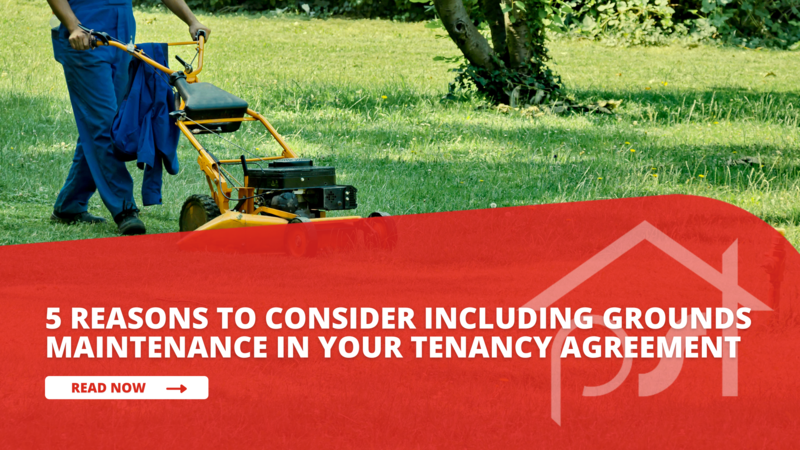
5 Reasons to Consider Including Grounds Maintenance in Your Tenancy Agreement
To maintain or not to maintain? That's the question many landlords find themselves asking when developing tenancy agreements.
Although the law states that it is the tenant’s responsibility to maintain the lawns, weed the gardens and leave the property clean and tidy, not everyone possesses the motivation or skills required. Don’t get us wrong, there are plenty of tenants who do a wonderful job of maintaining the grounds! However, we have found that most struggle to keep them at an acceptable standard (even if the property is very low maintenance).
If you’re a property owner currently pondering whether or not to include grounds maintenance in your tenancy agreements, here are 5 things you should take into consideration…
-
Tenants are more likely to accept rent increases, as there is a regular reminder that the landlord is taking care of the property.
-
Having your property maintained by a professional ensures a great first impression when we re-lease your property in the future (resulting in a quicker turnaround for bringing on new tenants).
-
It will give your property a point of difference when we advertise it for rent and show it to potential tenants. We get mileage out of promoting that your property has grounds maintenance included in rent!
-
The cost of lawn mowing is a tax-deductible expense.
-
Poorly maintained lawns can lead to disgruntled neighbours. Regular grounds maintenance can help you mitigate potential disputes.
Regardless of what you decide to do, to avoid dispute, be upfront at the start of the tenancy. Make sure you clearly state in the tenancy agreement who is responsible for what aspects of grounds maintenance. If you decide you do want to include it, due to our connections around the country, we can generally negotiate a good deal to have everything done by a professional.
______
DISCLAIMER: The above advice is written by Propertyscouts New Zealand (2020) Limited and is intended as a broad guide for educational purposes only. The advice should not be regarded as legal, financial or real estate advice. In all instances, you should make your own inquiries and seek independent professional advice tailored to your specific circumstances before making any legal, financial or real estate decisions.
______
